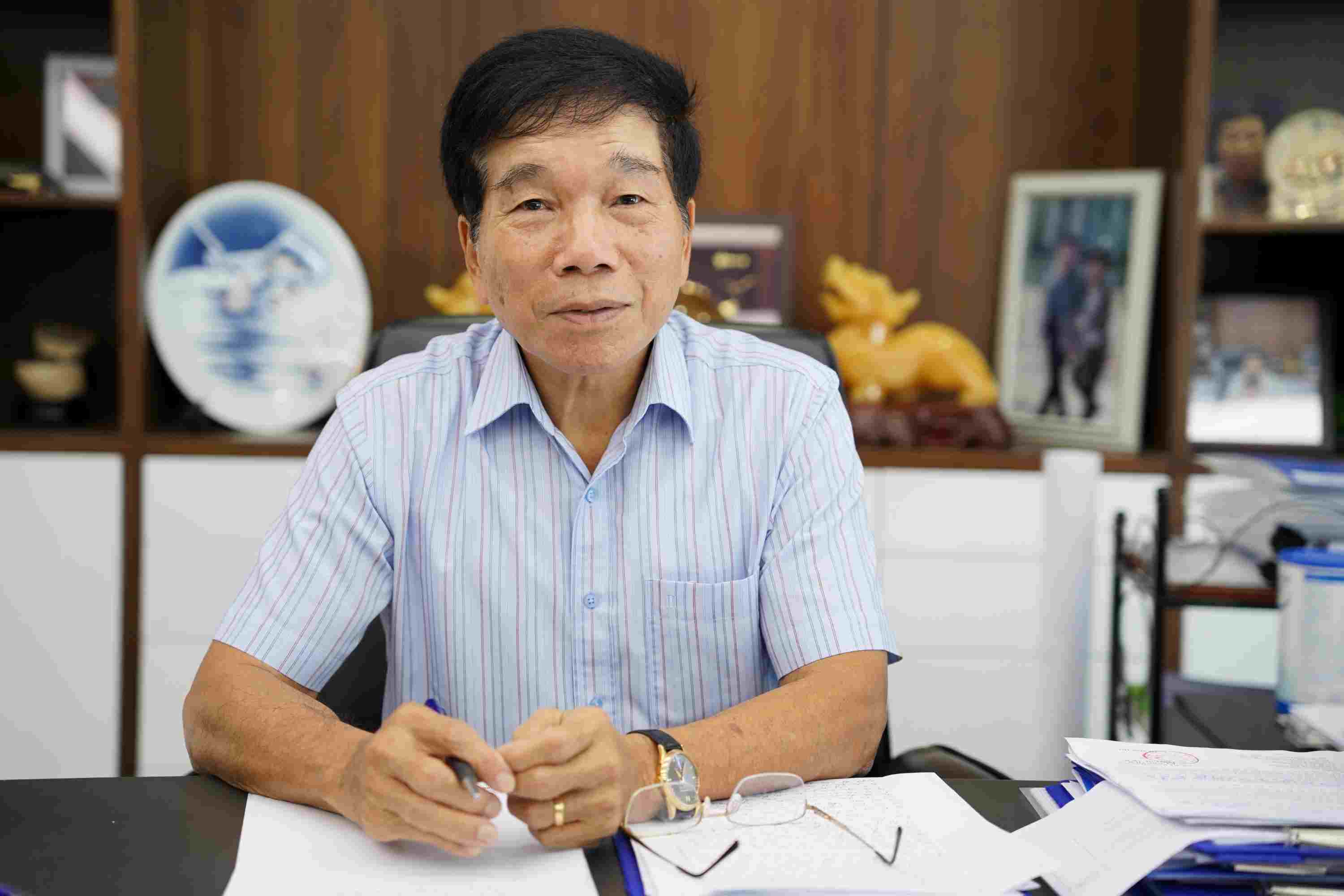Many projects stalled due to land valuation
Speaking with Lao Dong, Mr. Nguyen Quoc Hiep - Chairman of the Vietnam Association of Construction Contractors, Chairman of the Board of Directors of Global Real Estate Investment Joint Stock Company (GP.Invest) - commented that after the 3 laws related to the real estate market, namely the Land Law, Housing Law, and Real Estate Business Law, came into effect, a new legal framework for the real estate market was created.
The laws are expected to resolve legal problems and support projects to be cleared. However, the implementation of new regulations, especially Decree 71 on land valuation guidelines, has revealed many shortcomings, causing difficulties for both businesses and local authorities.
Decree 71 stipulates that provinces must complete land valuation within 60 days from the date of the land allocation decision. However, many projects have been stalled or "shelved" for up to two years without completing valuation.
"We have cases where, despite the goodwill and support of local leaders, many projects have been stalled for 10-12 months without being able to determine land prices. The main reason is that Decree 71's instructions are not clear, causing local authorities to be confused and afraid of making mistakes," said Mr. Hiep.

This delay also leads to the fact that consulting units, which play an advisory role, have to bear too much responsibility for land valuation. Because of the fear of violations and legal responsibility, consulting units often push up land prices. This not only causes difficulties for projects, increases the risk of resource loss, and reduces the efficiency of real estate market operations.
Mr. Pham Duc Toan - General Director of EZ Property Real Estate Investment and Development Joint Stock Company - said that land valuation is a burning issue for real estate businesses. Currently, many localities often value land based on transaction data from the time when the market is "hot". However, although there are not many transactions in the market at present, land prices are still high. Therefore, in recent times, many real estate businesses have fallen into bankruptcy due to the high cost of land use fees.
Urgent issues to be addressed
Mr. Nguyen Quoc Hiep commented that Decree 71 has many loopholes that need to be adjusted. Accordingly, the cost of technical infrastructure investment should be calculated based on the design and estimate approved by the local State management agency. This should be the basis for determining input costs.
However, in reality, many consulting units use the investment rate announced by the Ministry of Construction, which can be 2-3 times different from the actual cost that investors pay, thus leading to large deviations in determining land prices, causing difficulties for both businesses and the government.
In addition, the land auction method also revealed shortcomings. Recently, in Hanoi, there have been cases of land auctions with unusual prices. According to the provisions of Decree 71, land prices must be determined based on comparable assets. However, using land prices from small plots (area of 700 - 1,000 m2) as the basis for pricing large projects (several dozen hectares) is completely unreasonable. This leads to confusion between auctions, bidding and land valuation.
Land valuation should be determined based on land use, geographical location, and the costs incurred by each project. However, due to unclear guidance, consulting units often apply a general, simplified formula to avoid legal liability. This does not reflect reality and reduces the accuracy of valuation.
"The Ministry of Natural Resources and Environment needs to review the guidelines in Decree 71 to ensure they are clearer and more specific, thereby reducing difficulties in implementation. Only when legal issues and shortcomings in land valuation are resolved can the real estate market recover sustainably and contribute to boosting the economy," said Mr. Hiep.











